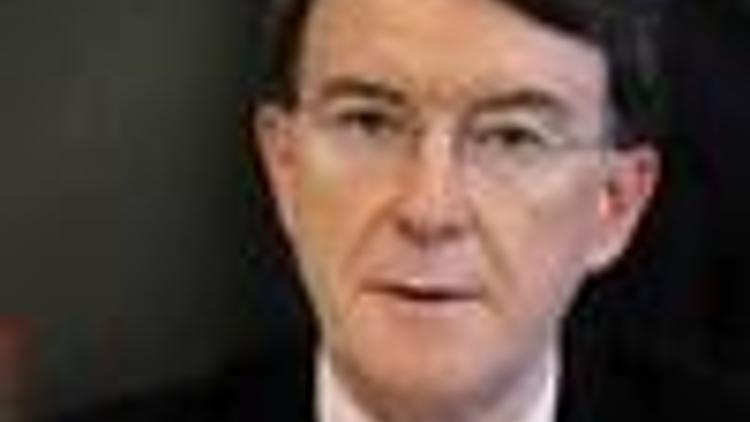EU offers reduction to farm tariffs by 60 percent
Güncelleme Tarihi:

The European Union (EU) said on Monday it would agree to cut its farm tariffs by 60 percent on condition that emerging economies make reciprocal concessions on market access for industrial goods.
"We have decided to help the negotiations this week get off to a strong start by raising the average cut in our agricultural tariff," EU Trade Commissioner Peter Mandelson told reporters on the sidelines of a crucial ministerial meeting of the World Trade Organization (WTO). �
But emerging economies such as
Mandelson said his offer, up from 54 percent, was designed to kick-start a week of crucial talks for the WTO's seven-year effort to open up the global economy.�
Some trade officials said what was entailed by the offer was unclear suggesting the cut was only an EU recalculation of its previous offer.
"You can put anything in and come to a number," AP quoted Foreign Minister Celso Amorim of Brazil, which co-leads with India a broad coalition of developing countries, as saying. "Let's see if that 60 percent comes with the products that are of interest to us, such as ethanol, sugar and beef. If not, it's not meaningful."
The WTO Doha Round negotiations was launched in 2001, but the past seven years have seen the talks missed repeated deadlines as a result of differences between the developing and developed countries over agriculture and non-agricultural market access.
While calling for rich nations to open their markets to agricultural products by lowering tariffs, developing countries also made a claim against market-distorting subsidies to farmers applied by the EU and the
Developing nations want agricultural tariffs and subsidies in rich countries to come down so they can sell more of their produce, while the

